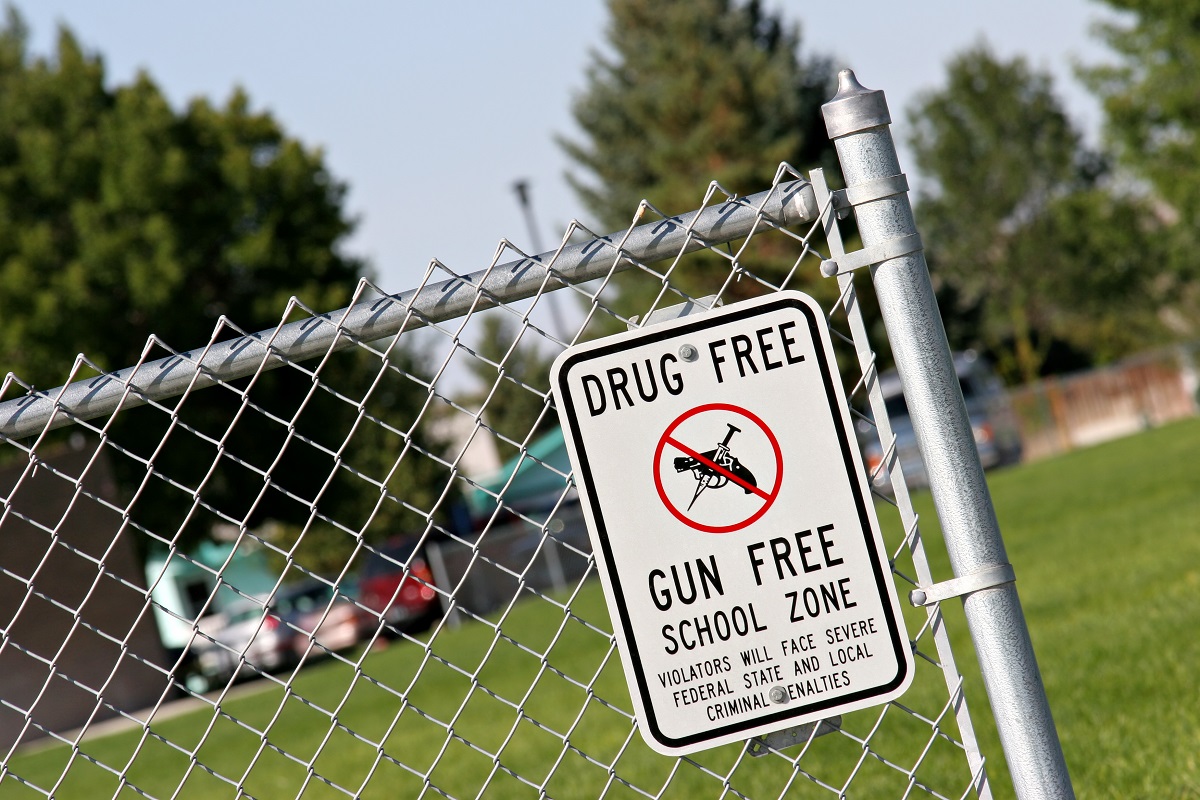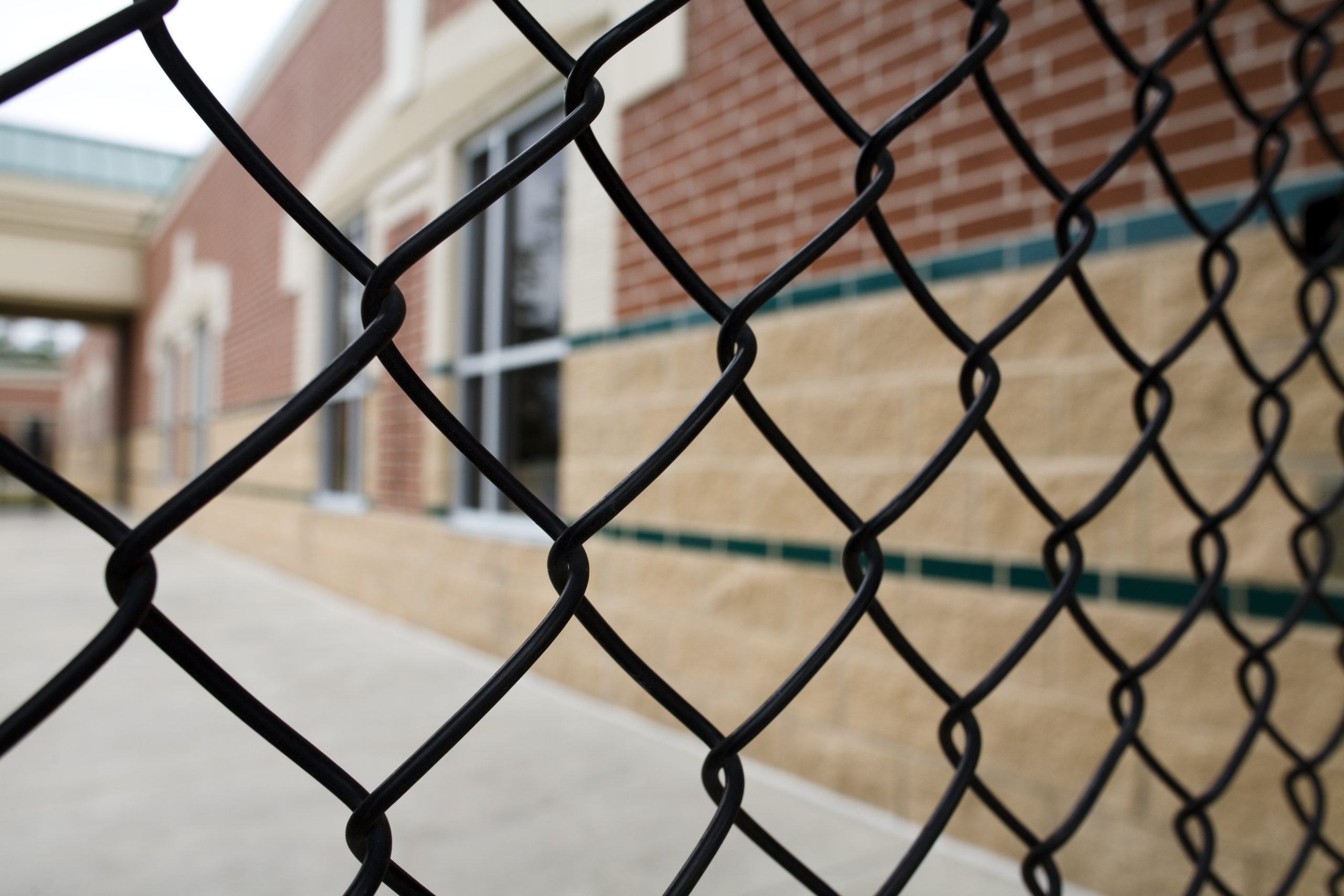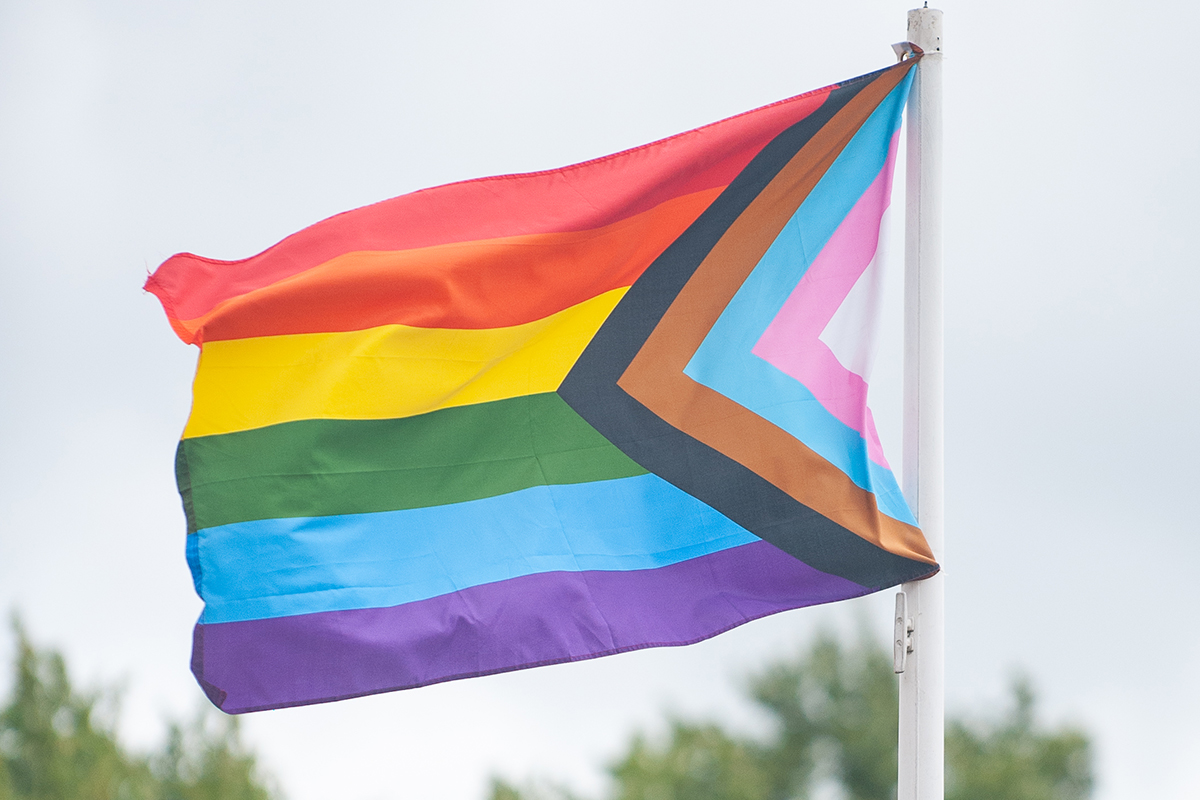An August report from the Knight Foundation, Americans’ Views on Book Restrictions in U.S. Public Schools, found that while challenges and restrictions have increased “dramatically” since 2021, two-thirds of Americans oppose restrictions and are confident in public schools’ book selections.
Between Feb. 29 and March 10, Langer Research Associates conducted a survey on the subject on behalf of the foundation. Respondents consisted of a national sample of more than 4,500 adults, including roughly 1,130 parents with children in grades preK-12.
Most of those surveyed agreed that restricting students’ access to books with educational value is a bigger concern than them having access to books with inappropriate content. “This view is especially prevalent when it comes to middle and high school students,” the report states.
Although worries regarding exposure to inappropriate books were generally low, most adults did see age appropriateness as a legitimate issue, particularly for younger children. “Marking the issue’s complexity, trust in specific groups to determine age appropriateness is lower than trust in schools’ book selections more generally,” according to the report.
“Six in 10 see age appropriateness as a legitimate reason to restrict students’ book access. Far fewer say it is legitimate to block access to books that contradict parents’ political views, religious beliefs or moral values,” the report reads. “Potentially controversial topics are more likely to be seen as appropriate for high school students, followed by middle school students; objections rise when it comes to content for elementary school students. These views are sharply divided, especially along ideological lines.”
Seven percent of parents of reading-aged children indicated that their student had read an age-inappropriate book from their school while 74 percent of preK-12 parents said they weren’t concerned about this happening.
As for who should decide what books are or aren’t age appropriate in public schools, librarians (53 percent) and teachers (50 percent) were the most trusted groups. Thirty-two percent of adults trusted school boards to decide. The state government and community members who don’t have students in a local public school district were the least trusted populations.
Support for restricting students’ access to books and book restrictions in public schools is most common among individuals who identify as conservative, the survey concluded. Opposition is most common among those who identify as liberals, Democrats and LGBTQ.
“Opposing book restrictions is strongly related to views on free expression and individual thinking. Large majorities of Americans say children should develop their own political opinions, moral values and religious beliefs, rather than adopting their parents’ points of view,” according to the report. “More than half also think that book restriction efforts threaten students’ freedom of expression. Those holding these views are highly opposed to book restriction efforts.”
Additionally, six in 10 adults felt informed about debates to restrict access in public schools and consider the issue highly important and 23 percent were aware of efforts to do so locally. Thirteen percent acknowledged that access had been restricted.
Of the individuals surveyed, just 3 percent had engaged in related endeavors — 2 percent to maintain access to books and 1 percent to restrict it.
Overall, nine in 10 adults think parents of public school students should be able to challenge books and three-quarters feel an investigation should take place if multiple complaints are received by a local educational agency. Some fear that complaints could deter schools from buying books with educational value.





